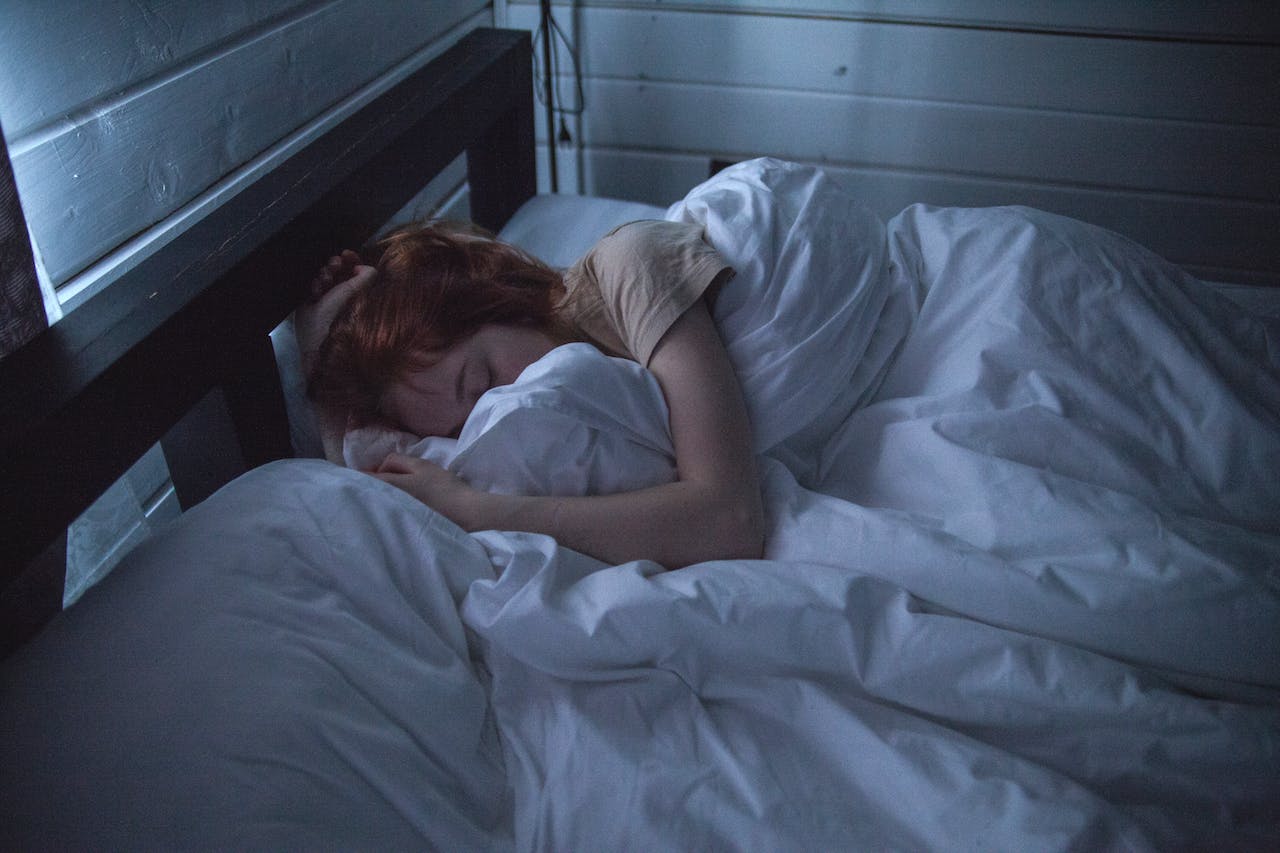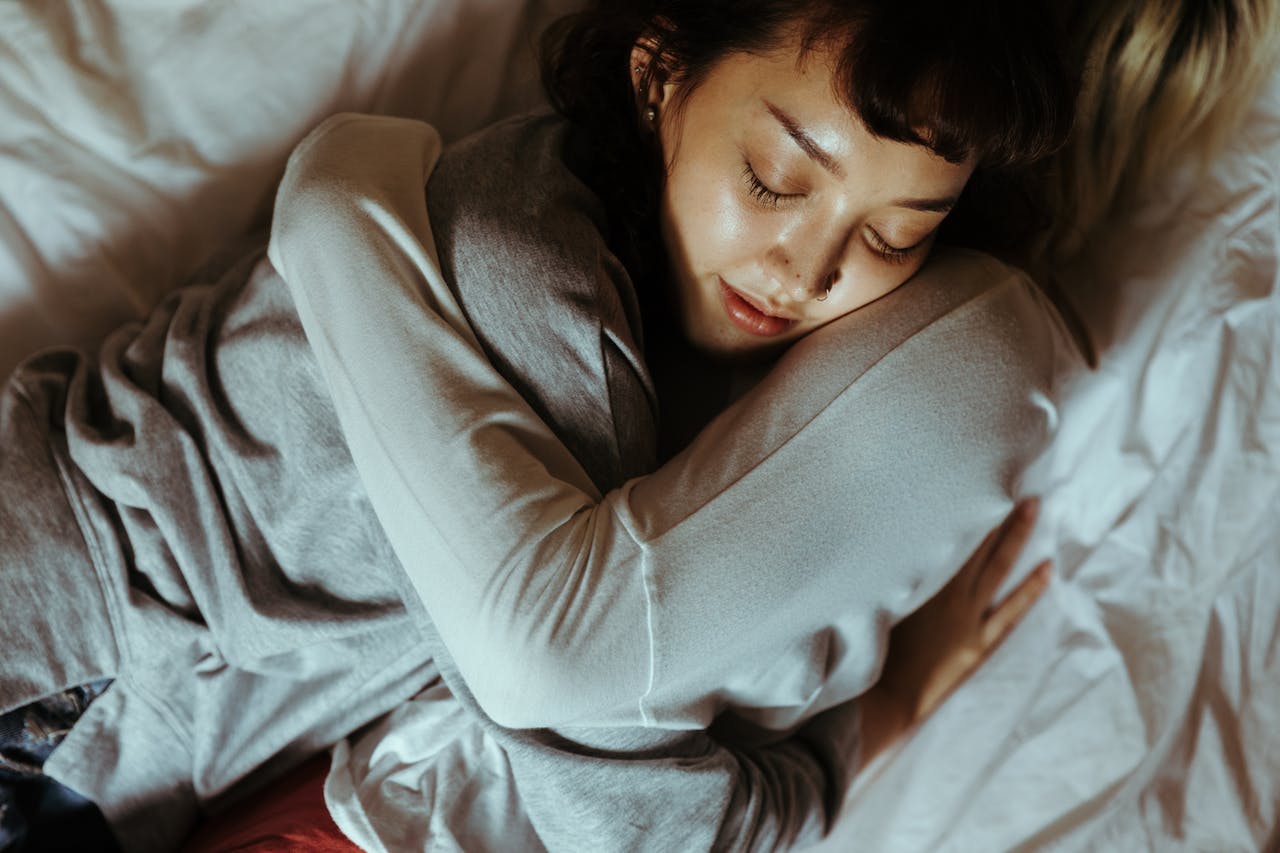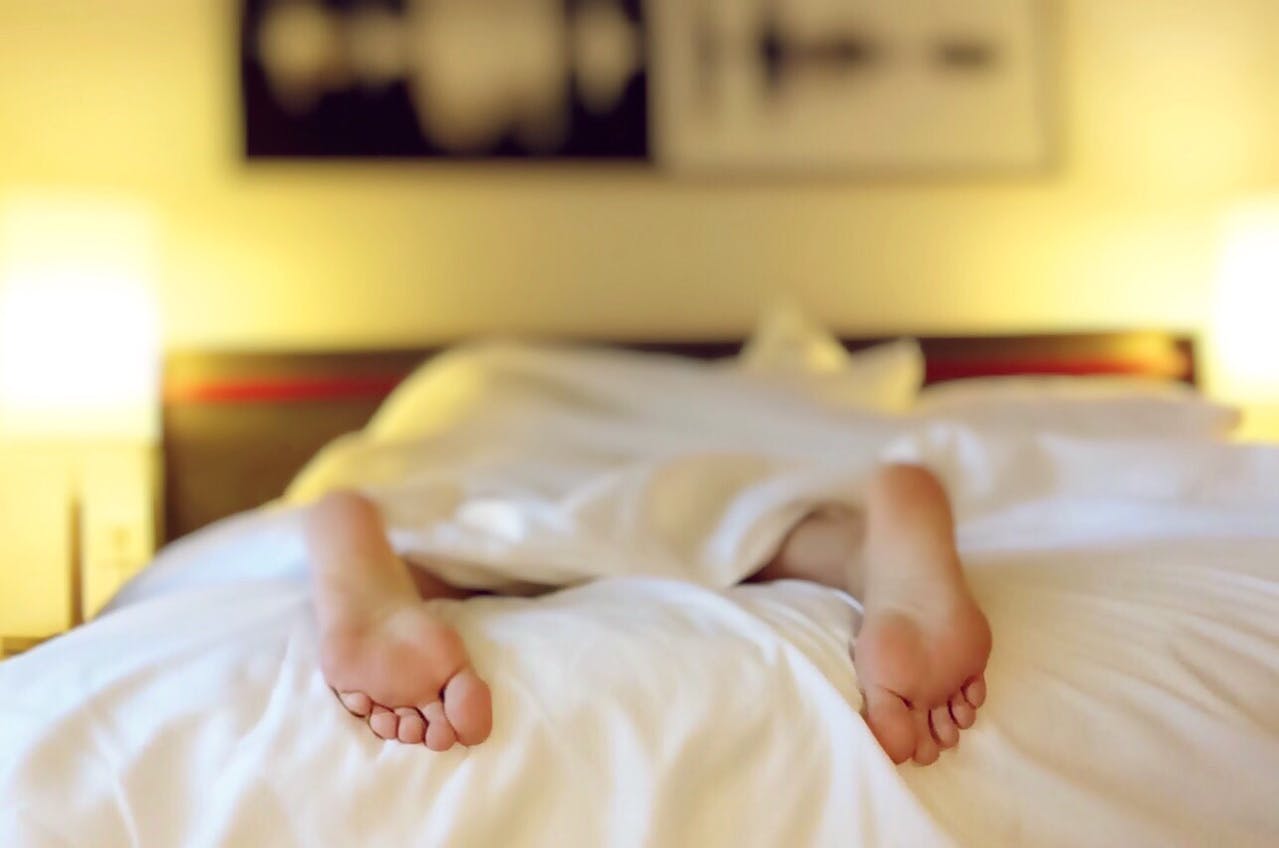The phrase ‘sleep hygiene’ may concern cleanliness, but this isn’t quite right. While it may be easy enough to jump to that conclusion, sleep hygiene relates to the practices and habits that result in a good night’s sleep. Most adults globally struggle with sleep deprivation at some point in their lives.
Thankfully, building strong health hygiene habits is a reasonably straightforward process. The best way to sleep healthily is to practice these habits repeatedly until they become instinctual. From investing in the most comfortable mattress you can get your hands on to rearranging your furniture, here are our top tips for good sleep hygiene:
Tip #1 Stick to a Consistent Sleep Schedule
Consistency is critical when it comes to your sleep schedule. By going to bed and waking up at the same time every day, including weekends, you’re training your body to recognize when it’s time to rest and when it’s time to be awake.
This consistency helps regulate your body’s internal clock, known as the circadian rhythm, which governs various physiological processes, including sleep-wake cycles. When your internal clock is in sync, you’ll find it easier to fall asleep and wake up feeling refreshed. It’s like setting a routine for your body, ensuring it knows precisely when to wind down and when to be alert, leading to improved sleep quality overall.
So, whether it’s a weekday or the weekend, a consistent sleep schedule can go a long way in combating sleep deprivation and promoting better sleep hygiene.
Tip #2 Create a Relaxing Bedtime Routine
Creating a soothing bedtime ritual is like giving your body a gentle cue that it’s time to transition from the hustle and bustle of the day to a state of relaxation. Engaging in calming activities, such as reading a book, taking a warm bath, or practicing mindfulness techniques like deep breathing or meditation, helps to quiet the mind and release any tension accumulated throughout the day.
By consistently following this bedtime routine, you’re training your body to recognize these signals and prepare for sleep, making it easier to drift off peacefully. These simple yet effective practices can help to create a sense of calm and tranquility, setting the stage for a restful night’s sleep and helping to alleviate sleep deprivation over time.
Tip #4 Optimize Your Sleep Environment
Creating an optimal sleep environment is like setting the stage for a restful night ahead. It’s about transforming your bedroom into a sanctuary dedicated to sleep. This means keeping the room calm, quiet, and dark, as these conditions promote relaxation and help your body ease into sleep naturally. Investing in a comfortable mattress and pillows ensures you’re providing your body with the support it needs for quality rest.
Removing electronic devices like TVs, smartphones, and computers eliminates distractions. It reduces exposure to blue light, disrupting your body’s internal clock and making it harder to fall asleep.
By prioritizing these adjustments in your sleep environment, you’re setting yourself up for a more therapeutic and rejuvenating sleep experience, essential for combating sleep deprivation and promoting overall well-being.
Tip #5 Limit Stimulants and Alcohol
Limiting stimulants and alcohol close to bedtime is like giving your body the best chance to unwind and transition smoothly into sleep. Caffeine and nicotine interfere with the body’s ability to relax and fall asleep, so avoiding them in the hours leading up to bedtime allows your natural sleep-wake cycle to function optimally.
Similarly, while alcohol might initially induce drowsiness, it can disrupt the later stages of sleep, leading to fragmented and less restorative rest. By being mindful of your consumption of these substances, especially in the evening, you’re helping to create the ideal conditions for a deep and uninterrupted night’s sleep, essential for combating sleep deprivation and promoting overall health and well-being.
Tip #6 Avoid Large Meals and Beverages Before Bed
Avoiding large meals and excessive fluids before bedtime is like ensuring your body isn’t burdened with digestion when trying to wind down for sleep. Heavy or spicy foods can lead to discomfort and indigestion, making it difficult to relax and fall asleep.
Similarly, consuming large amounts of fluids close to bedtime may increase the likelihood of waking up during the night to use the bathroom, disrupting your sleep cycle. Instead, opting for a light snack if you’re hungry can help satisfy your hunger without overloading your digestive system.
By being mindful of your food and beverage intake before bedtime, you’re allowing your body to focus on restorative sleep, enhancing the quality of your rest and aiding in the fight against sleep deprivation.
Tip #7 Exercise Regularly
Regular exercise is like giving your body a natural boost towards better sleep. Regular physical activity can help regulate your sleep-wake cycle and promote more profound, restorative sleep. However, it’s essential to time your workouts wisely, as vigorous exercise close to bedtime can increase alertness and make it harder to wind down.
Aim to complete your exercise routine a few hours before bedtime to allow your body time to cool down and relax. By incorporating regular physical activity into your daily routine and being mindful of when you exercise, you’re setting yourself up for improved sleep quality and overall health.
Tip #8 Manage Stress
Managing stress is crucial for promoting better sleep and overall well-being. High levels of stress and anxiety can disrupt your ability to fall asleep and stay asleep, leading to sleep deprivation. By practicing stress-reduction techniques like mindfulness meditation, yoga, or progressive muscle relaxation before bedtime, your mind and body can unwind and release tension accumulated throughout the day. These techniques help calm your mind, lower your heart rate, and relax your muscles, creating a more conducive environment for restful sleep.
Incorporating stress-reduction practices into your bedtime routine can significantly improve your sleep quality and help alleviate sleep deprivation. By dedicating just a few minutes each night to mindfulness meditation, gentle yoga, or relaxation exercises, you’re actively promoting relaxation and easing your transition into sleep. These simple yet powerful techniques empower you to manage stress more effectively, ultimately contributing to better sleep hygiene and overall health.
Tip #9 Limit Naps
While a short nap can offer a quick energy boost and help combat sleep deprivation, it’s essential to be mindful of your naps’ duration and timing. Napping for too long or too late in the day can disrupt your nighttime sleep schedule, making it harder to fall asleep and stay asleep at night. Longer naps can also lead to grogginess upon waking, known as sleep inertia, which can further impact your ability to function optimally throughout the day.
Aim for short naps lasting around 20-30 minutes earlier in the day to maximize the benefits of napping while minimizing potential adverse effects. This allows you to reap the rejuvenating effects of a nap without interfering with your nighttime sleep. By being strategic about when and how long you nap, you can optimize your sleep patterns and maintain better overall sleep hygiene, helping to alleviate sleep deprivation and promote daytime alertness and productivity.
Tip #10 Seek Professional Help if Necessary
If you find that despite your efforts to improve your sleep hygiene, you’re still grappling with sleep deprivation, reaching out to a healthcare professional is a proactive step toward finding solutions. These experts are trained to identify potential underlying sleep disorders or medical conditions disrupting your sleep patterns. By seeking their guidance, you can receive personalized recommendations and treatment options tailored to your specific needs, ultimately helping you overcome sleep deprivation and regain restorative sleep.
Conclusion
Sleep deprivation presents significant challenges, impacting both physical health and cognitive function. Quality sleep is essential for overall well-being, influencing mood, energy levels, productivity, and relationships. Despite the initial effort, prioritizing good sleep hygiene is a worthy investment. With patience and persistence, overcoming sleep deprivation can lead to transformative improvements in health and happiness.




